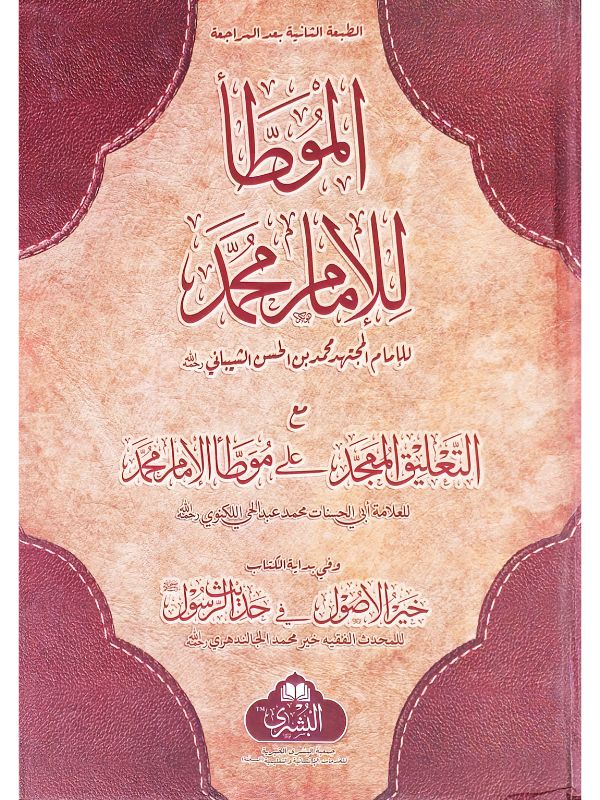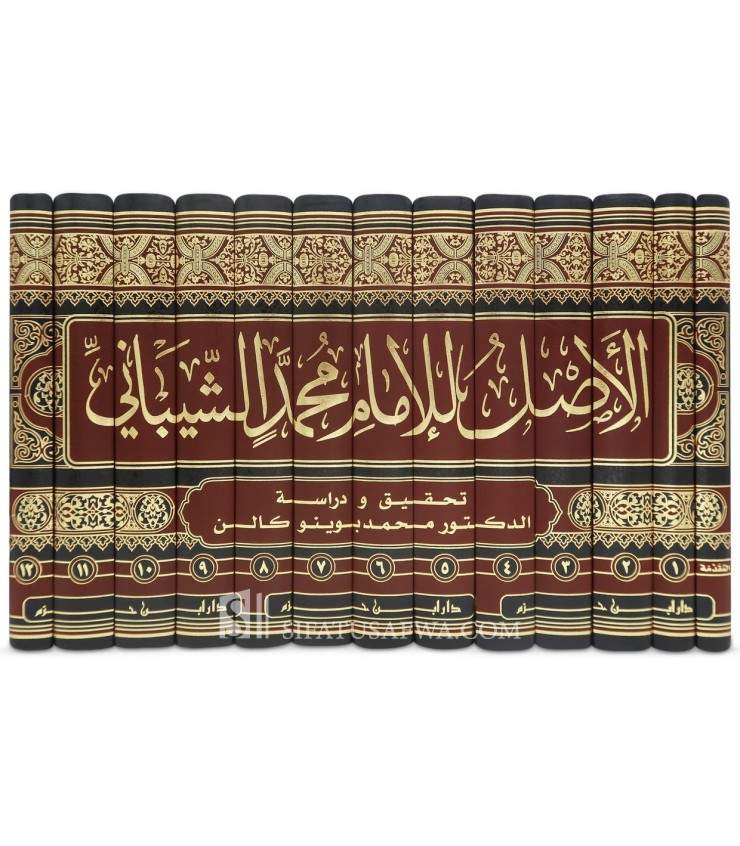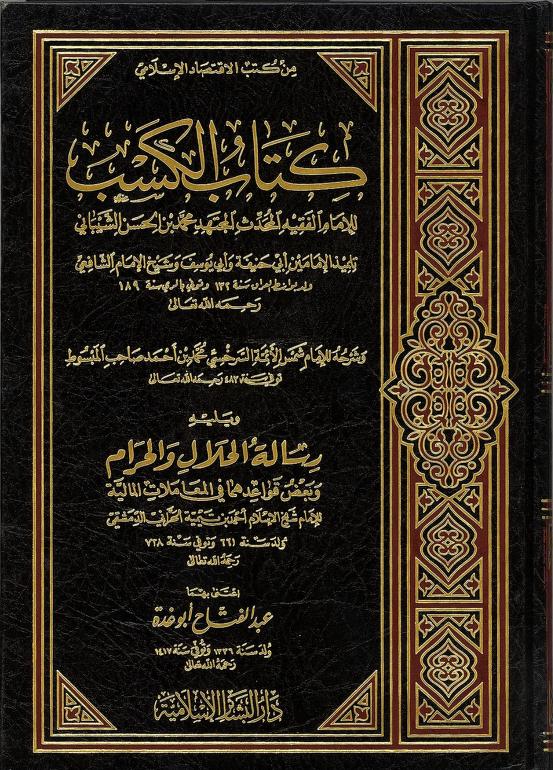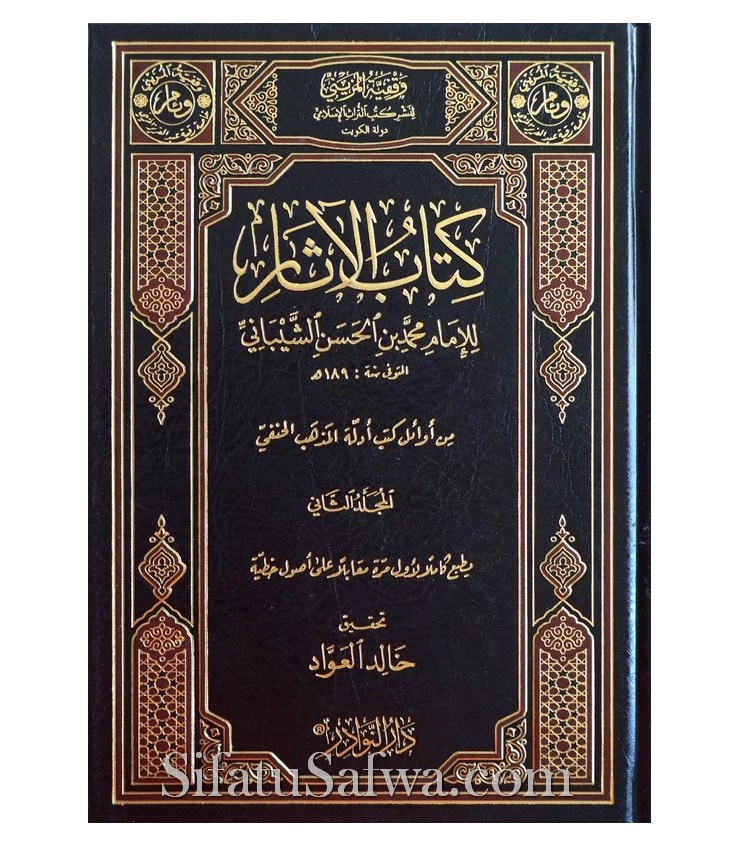“I have never seen anyone’s explanation on Quran and Hadith better than Mohammad Al-Shaibani,” Imam Shafi’i once said — a line still echoing through the centuries, though few remember the name it praises.
Mohammad bin Hassan Al-Shaibani was a jurist forgotten by time and history, yet he was the one who decoded the fiqh (Islamic legal jurisprudence) of the Hanafi school of thought. His words shaped centuries.His thoughts built the scaffolding of one of Islam’s greatest legal systems. And yet, his story sits in the margins.
Born in 132 Hijri (750 CE) — in Wasit, a town near Iraq’s southeastern border, Al-Shaibani was raised in Kufa, the city of scholars.
By the age of ten, he was already delivering sermons at Kufa’s Grand Mosque.
At fourteen, he began walking into Baghdad’s prison — not in chains, but by choice, as a seeker of truth — to study under a man in shackles: Imam Abu Hanifa, imprisoned by the Abbasid Caliph Abu Jafar Al-Mansur for refusing the position of Chief Qadi (Judge) of the empire.
After Abu Hanifa’s death in 150 Hijri, Al-Shaibani continued his studies under Imam Abu Yusuf, Abu Hanifa’s closest student — his scholarship untethered from rulers and courts.

Arabic Calligraphy text representing Hanafi Jurisprudence
His brilliance was evident early on. When his father died, Al-Shaibani inherited thirty thousand dirhams — and spent every coin on books.
Knowledge, for him, was not a path. It was a calling.
It wasn’t a quest.
It was an obsession.
A fire. A love.
He would say later:
“How can princes enjoy this sweetness, this pleasure, this ecstasy?” —
not of wine or wealth, but of learning.

Book Muwatta Imam Mohammad compiled by Mohammad Al-Shaibani.
As time slipped quietly through the hourglass, his mind became a fortress of fiqh — the Islamic science of what is right, what is wrong, what is sacred, and what is just - law as a compass of conscience, living ethics.

Book Usool Al-Imam Al-Shaibani by Mohammad Al-Shaibani, Source Sifatu Safwa Website
Imam Shafi’i, founder of another school of Islamic law, was mesmerized by him.
He studied under Al-Shaibani and left with words that outlived empires:
“When Imam Muhammad was asked a question, he would answer in such a way that no letter remained unspoken.”
And:
“If people judged fairly, they would find no one greater in Islamic law than Al-Shaibani.”
Al-Shaibani wrote hundreds of books — pages that would outlive caliphs, cities, and even memory.
Each book, a map of Islamic law — from pilgrimage rituals to economic justice.
Among his most known works:
- Al-Jaami Al-Kabir
- Al-Jaami Al-Saghir
- Kitab al-Athar
- Muwatta Muhammad
- Al-Ziyadat
- Kitab al-Kasb
And many more — covering everything from rituals of Hajj to the ethics of trade and livelihood.

Night after night, he read, studied, and reflected — moving from topic to topic, his hunger for learning unending.
Still, today, he remains unknown to many Muslims.
Yet his heirloom breathes quietly — in the legal logic of the Hanafi school, in courtrooms and classrooms, in the hands of scholars citing rulings he once wrote by candlelight.

When death knocked on Al-Shaibani’s door in 189 Hijri (805 CE) — at the age of 57, in Shahre Ray (modern-day Tehran) — he was still battling within.
His student, Al-Maali, leaned close and asked:
“What are you contemplating?”
Al-Shaibani replied,
“The issue of Aba’d-e-Makat’b.”
— referring, perhaps, to a dense theological debate lost to time.
And then, his soul departed.
After his death, the scholar Muhammad bin Ahmad saw him in a dream.
He asked:
“What did your Lord do with you?”
Al-Shaibani answered,
“Allah has admitted me into Paradise and said: ‘Had I wanted to punish you, I would not have granted you knowledge.’”
When asked about Imam Abu Yusuf, he said:
“He is in a higher rank than me.”
And about Abu Hanifa:
“He is in Al-‘Illiyun — the loftiest realm of Paradise.”
Mohammad Al-Shaibani’s work continues to breath in every heartbeat of Hanafi jurisprudence.
And yet his name lies hidden beneath the towering shadows of his teachers.
Perhaps it is time we remember him.
(This profile is based on sources including Al-Sabah Al-Noori, Tanib Al-Khateeb, Muwatta Imam Muhammad, Bulugh al-Amani, Dar al-Kutub al-Islamiya, Manaqib-e-Imam-e-Azam wa Sahabi, and Al-Muhtasareen bi Ahwal al-Musannifeen.)